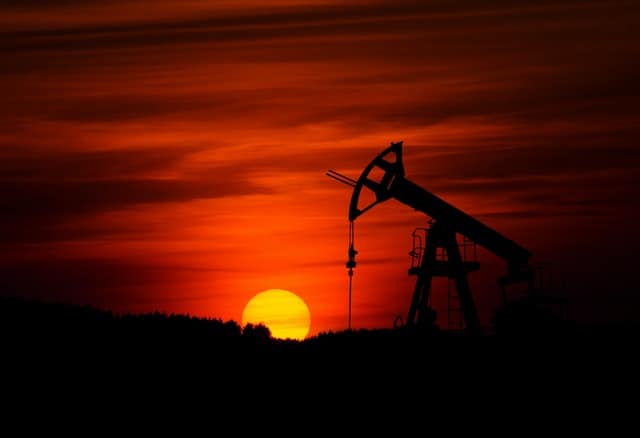The British BP announced the closure of mining activities in the Falklands region – It was preceded by the suspension of energy project by Premier Oil Plc – What will OPEC + decide this week?
The price of oil has fallen to a year low, while global demand is constantly declining, something that has put players in the second thoughts of the world oil market. The key question that arises is whether it is now worthwhile for a company to invest in black gold and look for new deposits at the time when everyone is turning to RES.
Many European companies operating in the energy sector consider large projects worth several billion dollars unprofitable.
The case of the Falklands
The case of the Falkland Islands in the South Atlantic Ocean is typical. It is an island complex belonging to the United Kingdom – despite long-running disputes with Argentina and the 74-day war in 1982. A decade ago, oil companies found multibillion-dollar oil fields, which attracted the interest of several consortia.
However, now the situation has changed, the interest is less and the pandemic gave the final blow intensifying the shift to cleaner and milder forms of energy.
More billions of dollars worth of oil and gas fields, potentially worthwhile, are likely to remain unexplored on the seabed.
On August 4, the British BP announced the closure of mining activities in the Falklands. On July 15, a $ 200 million energy project was suspended by Premier Oil Plc.
But this is not just the case with the Falklands. The largest companies in the industry have already begun to re-evaluate energy projects around the world.
In fact, the biggest and most immediate danger seems to be in Brazil, Angola, Canada and even the Gulf of Mexico.
OPEC and the International Energy Agency downgraded their forecasts for oil demand in 2020, while the OPEC + alliance is increasing daily production from this month.
Brent crude fell 0.3 per cent to $ 44.83 a barrel but ended the week with a margin higher than $ 44.40, the starting price last Monday. Crude, on the other hand, fell 0.4% to $ 42.07 a barrel, higher than the 41.22 prices it entered this week.
“The pessimism about the increase in oil demand this year is due to the weakening outlook in the coming months,” said Stephen Brancock of PVM. “Global oil supply is on the rise, which is making things worse,” he said.
OPEC and its allies, including Russia, which makes up the alliance known as OPEC +, had reduced production since May by almost 10% of the pre-coronary level of daily production to support the market. However, from this month they agreed to increase production as demand recovers.
OPEC + is meeting this week to review the market, however, no agreement is expected to be amended.
In its monthly report, OPEC expects a drop in oil demand of about 9.1 million barrels per day this year compared to 2019 – a decline of more than 9% compared to last year. Also, compared to the July forecast, OPEC revised upwards the decline in demand by 100,000 barrels per day. The agency also expects the global economy to shrink by 4% due to the pandemic, instead of the 3.7% previously estimated.
